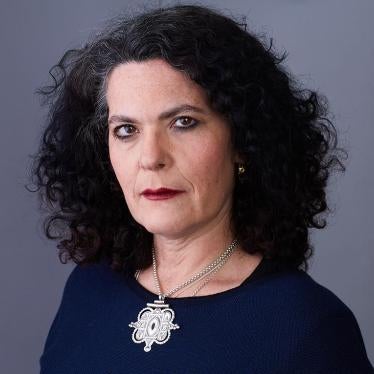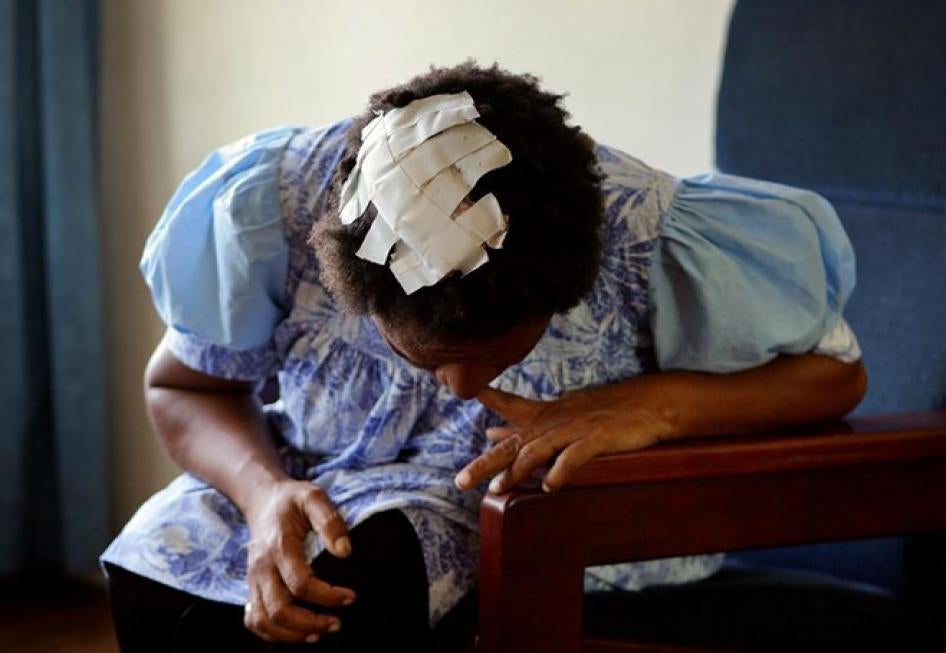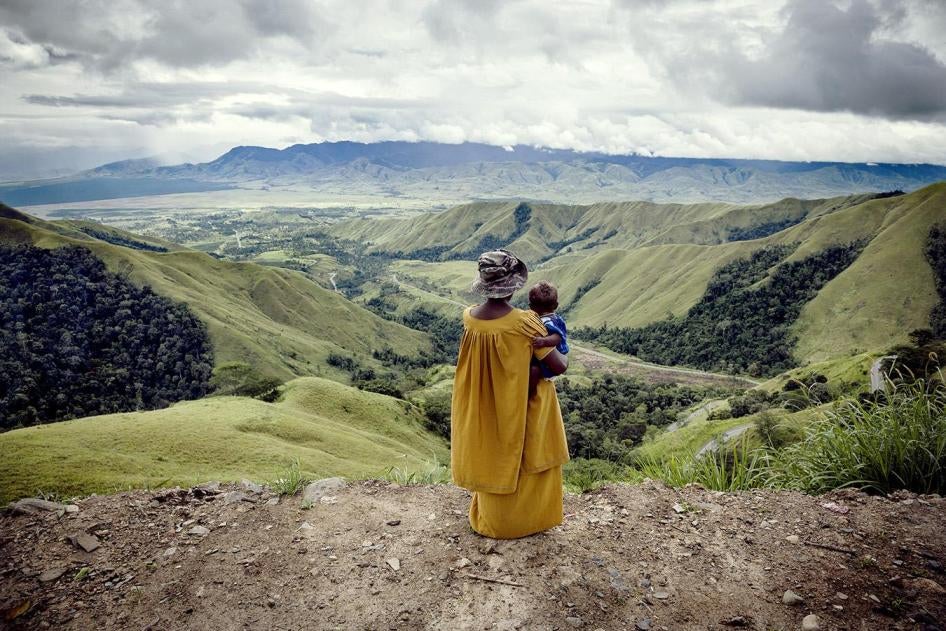“I went to the police 17 times. I went every week for the last month. They said this is a domestic problem," Jenella (not her real name) told me. "They just told my husband not to do it again."
Jenella's story is all too common in Papua New Guinea. In 2013, Papua New Guinea passed a law, the Family Protection Act, which sets tough new penalties for perpetrating domestic violence and makes it easier for victims to get protection orders and services.
Papua New Guinea is often seen as the powerhouse of the Pacific. It has over 75 percent of the population of the Pacific island countries, has growing wealth from its natural resources and has stepped onto the world stage by hosting events such as this summer's Pacific Games. Now it's planning to host the Asia-Pacific Economic Cooperation conference in 2018. There is a feeling of optimism in the country, a sense that its time has come.
But two years after Papua New Guinea passed the law against domestic violence, it has not been implemented. The government claims it needs to draft regulations first. In the meantime, victims suffer as the government continues to ignore them. The United States is the fourth-largest bilateral donor to Papua New Guinea, and should be doing more to urge its government to move ahead on curbing domestic violence.
In dozens of interviews with survivors of domestic violence for a new Human Rights Watch report, women and girls repeatedly told us the police ignored their attempts to report domestic violence. When police did get involved, their solution was often to "counsel" the husband to stop being violent and then tell the woman to go home, even when she wanted them to take criminal action against her husband.
"I brought my husband to the police station," Jenella said. "The police said, 'You have so many kids--you should go back and not do this again.' I wanted them to put him in jail for one or two years."
Searching in Vain for Help
Victims of domestic violence often search in vain for help. They face obstacles and delays in obtaining orders from the court protecting them from their abusers. Shelters are non-existent in many areas and in short supply everywhere. Victims desperately need access to legal assistance, professional counseling and case management; needs that are almost entirely unmet.
Another devastating gap is the lack of any financial safety net for women and girls who are trying to escape an abuser they depend on financially. Because the government does not provide any such assistance--in spite of being a low-middle-income country--many women said they had no choice but to stay with their violent husbands or see their children go hungry.
"So far I have two bones broken," she said. "It's very hard for me to find food for the kids and send them to school."
In addition to passing the Family Protection Act, Papua New Guinea's government has taken some important steps forward. It has established specialized units to deal with family and sexual violence in some police stations and hospitals. But the real push to tackle family violence in Papua New Guinea is coming from activists, many of whom are also survivors of violence themselves, with support from foreign donors. The government seems to be dragged along, not leading the way.
But Papua New Guinea will not enjoy the success and visibility its government craves as long as half its population lives in fear of violence. The steps the government has taken to tackle domestic violence are important. But they are only a beginning, and have yet to change the lives of women and girls like Jenella, who struggle every day to survive a violent spouse.
The government should take steps right now to ensure that police and prosecutors treat domestic violence as the crime it is, and that victims fleeing domestic violence can find safety and support. Then Papua New Guinea will have a chance to be a real leader in the Pacific.










